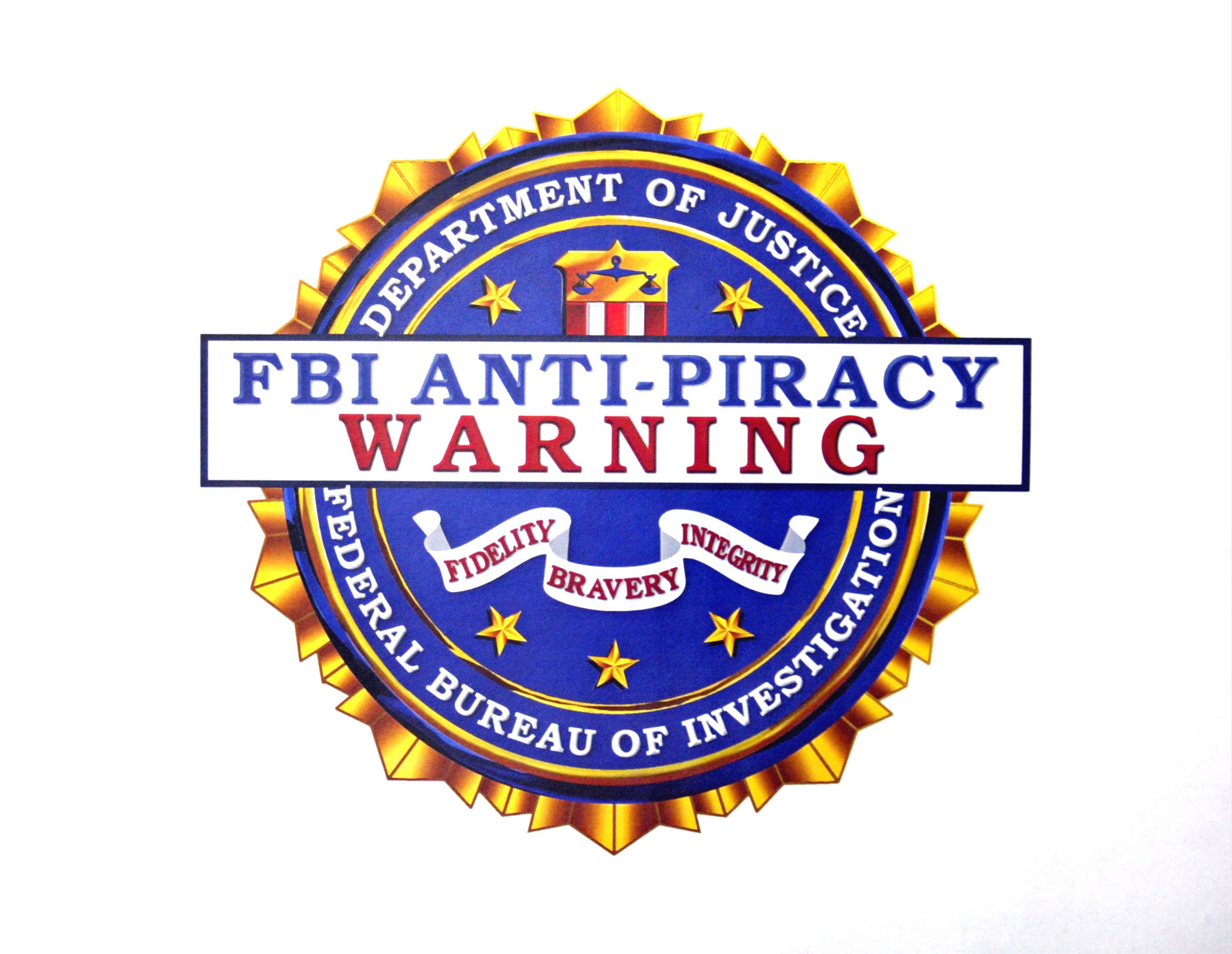Pirating media is essentially a gamble. On the Wild West of the Internet, it’s shockingly easy to illegally download pretty much anything you want—and get away with it. If you do get caught, the worst you’ll usually get is a scary cease-and-desist letter. But each download also carries a minuscule chance of bringing you a financially crippling lawsuit from which you cannot wriggle out. $150,000 is a lot to pay for a recording of “If You’re Happy and You Know It.”
Now the American Bar Association wants to change that. In a white paper released earlier this month, the ABA Section of Intellectual Property Law has advised its 400,000 members to stop initiating individual lawsuits against torrenters and their ilk. These lawsuits, the ABA points out, are always expensive and often fruitless. They’re also a public relations catastrophe, pitting massive, wealthy studios against middle-class moms and 12-year-old girls.
The white paper, though, comes at an odd time: The Recording Industry Association of America largely halted individual suits in 2008 after accidentally suing a dead person, and the Motion Picture Association of America followed its lead soon after. With these behemoths tamed, who could be the target of the ABA’s lecture?
Although the paper doesn’t explicitly say, it’s probably directed in part toward porn studios, many of which have only escalated copyright infringement lawsuits in recent years. In 2010, the porn company West Coast Productions infamously sued 9,729 people for illegally downloading Teen Anal Nightmare 2. (The case was quickly tossed out.) Malibu Media, another “porn troll,” has become infamous for its intrusive lawsuits, sometimes demanding that defendants reveal their entire porn-watching history in a bald attempt to embarrass them into settling. One federal judge has compared these suits to an “extortion scheme,” and another accused Malibu’s lawyer of perpetuating “stereotyped caricatures of attorneys.”
But even if Malibu loses in court, its legal strategy is still profitable in the long run. Most of its targets will do anything to keep their case off a judge’s docket and out of the public’s eye. And if a few thousand bucks does the trick, many porn-watchers are willing to pay up. It’s likely this type of petty quasi-extortion by less-than-respectable companies that the ABA is hoping to curb.
The white paper, however, isn’t all good news for fans of free porn (and movies and music). While the ABA suggests easing off individual lawsuits, it also recommends a renewed push for a Stop Online Piracy Act-type bill to block illegal media at its source. Considering the potentially censorious SOPA was arguably more controversial than the anti-pirating witch-hunts of the mid-aughts, this full-throated endorsement might seem surprising. But really, it makes perfect sense. The ABA isn’t a true friend of pirates—it’s simply trying to create a more effective regime to stanch the flow of illegal media, and punishing its consumers hasn’t yielded results. Its attorneys understand that going after the minnows won’t yield real results. Forget the guy who torrented Teen Anal Nightmare 2. This time around, the ABA has set its sights directly on Congress.
